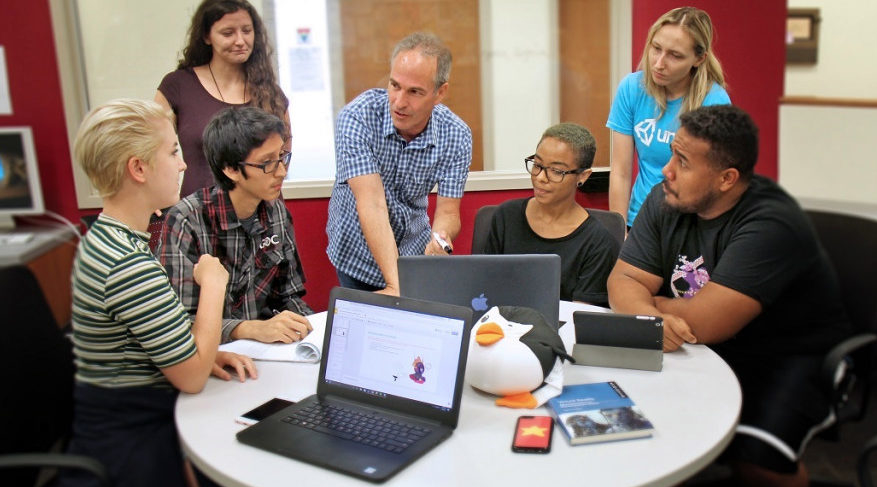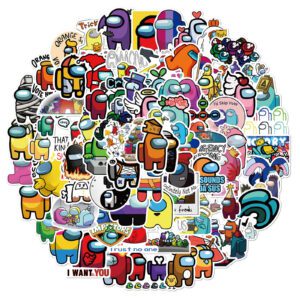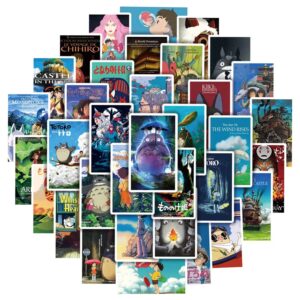
CultureOfGaming went to USC Games Expo 2019, an event where students show off their gaming projects that they’ve been working on for a year. USC Games is one of the nation’s few video game development programs that blends computer science, engineering, and film all under one division. One key aspect that reverberated throughout the event is the student’s passion to create fun and immersive games. Students get hands-on help from faculty members who each have shipped several games in the industry. Working long hours needs the support of the right dva gaming chair where they can sit and work comfortably. Recently, we have seen games like Anthem and Mass Effect Andromeda that have launched in catastrophic states in part because of bad management and leadership. These students are learning game design in a realistic environment that emulates a professional setting with partnerships from other game studios in the industry. USC Games is a massive program that collaborates with several disciplines across the campus and no one is better at improving and guiding students than Danny Bilson.
USC Games Chair: Danny Bilson
Danny Bilson’s pedigree speaks for itself. He has worked across several entertainment mediums such as video games, television, films, producing, writing, and comic books, and has worked many years in the video game industry, both for EA and THQ, creating and maintaining key franchises like The Sims, Metro, Saints Row, Darksiders and more. Danny Bilson became the chair of USC Games in 2017 and created USC Games Expo in 2018 as a chance for students to show off their games to both students, family, friends, publishers and other game development studios. Video games are multi-million dollar entertainment products that require not only a great idea but good management of resources, advertising, funding, engineering and most of all; a creative vision. I asked Mr. Bilson several questions on how USC Games helps prepares their students to enter a highly competitive field.
Entertainment Fusion
Kevin Alvarez: “Do you believe other colleges should have their own Games Expo and is it key to include their film department as a cross-discipline?”
Danny Bilson: “I’m sure that every school shows off their student’s work with the maximum amount of resources they have to do it. We have fantastic partners and sponsors here at USC that enable us to build these fantastic facilities like George Lucas, Steven Spielberg, Jamcity, Zynga Games, Scientific Games and other companies that contribute to our games school, which gives us the financial support to do amazing things.
“Now, about the film school, why is it important for games school to be part of the film school? Because the basic tenet of this film school is storytelling and games tell stories in many different ways. Some [games are] more direct and some indirect but storytelling is a key value that we here [at USC] are able to bring across. For instance, I’m also in the screenwriting department while also being the chair of USC Games. We invite and bring in people from other departments within the film school like animation. Animation is one of the key aspects of game development so being part of the film school is a great place for games because it keeps the focus on the content, the creative, and storytelling. When I’m talking about storytelling in games it’s not the same as in films or [other mediums] but it is a kind of storytelling. Sometimes it’s very linear and sometimes it’s emergent but its storytelling and I think that all the different aspects and features of the film school are a wonderful foundation and support for the games school.”
Kevin Alvarez: “Will we see student-made eSports games today or in the future?”
Danny Bilson: “Oh, you’ll see eSports titles developed over the next few years. We’ve had some in the past and it’s very tricky to get one to work, it’s really about creating a well balanced multiplayer game. You’ll see us develop our own eSports title in the future [but for now] our vision for eSports here is more on the social and the competitive [scene]. We’re really looking forward to building our eSports arena. [Which will provide a space] for students to gather around games and game culture… and we’ll also host our own tournaments as well. We want to be more inclusive… and I’ve always said that when we’re playing Mario Party as a competitive game and anyone can play, that’s [how we know] where we want to be. We want to be there and also the highest level of competitive eSports.”
The Pro Gambit
Kevin Alvarez: “One of the goals of USC Games is to give the students professional experience working in the industry. How has USC Games achieved this goal for its students?”
Danny Bilson: “I’ll give the advance games class as an example of their games [shown during the keynote]. There are ten faculty in that class, one for each discipline. For instance, I run the creative directors. There’s an engineering faculty, there’s an audio faculty, there’s two design faculty, there’s a usability faculty and art faculty. Every one of those faculty [members] are professionals and they’ve all shipped multiple titles professionally so when we run the class we run it like a professional games studio and we treat the kids with the same kind of feedback that they’re going to get in the real world. I’d say the only difference is that they can raise a hand and ask a question wherein a professional studio they might be afraid to ask the boss a question when they don’t know what going on. [Otherwise] it’s run like a professional game environment.”
Kevin Alvarez: “What are some of the key aspects of the Professional Production Process?”
Danny Bilson: “It’s [about] teaching them to measure their team velocity… how much can they actual do in a week or in a [two week] sprint?… then look at the whole map and scope of their game and adjusting that scope to the real velocity of their team and not just what they want to achieve but what they can achieve. I think that’s professional production practice, we have a producing faculty member that meets with every game producer once a week and [this year] we’re trying to manage the schedules professionally so that the students don’t burn out.”
Kevin Alvarez: “How do you prepare students for the business side of making video games? Is there any collaboration between USC Games and USC Marshal Business School?”
Danny Bilson: “There will be more in the future. [Students] study some of the business of games [at Marshall] and with us [here at USC Games]. The most important thing for developers to understand about the business of games…is how to, before they start a game, look at the competitive set and look at what the market opportunity is for what they’re thinking about making… even if it’s just 4 students in a garage, is the return on our investment going to give us enough money to make another game? That’s the business of games for me. Are the students looking at the competitive set in the market place? creating a rough financial model for their game and investing in it even if it’s just their own resource[s and be] profitable and not just go [in] blind. I want them to be thoughtful so that they’re always planning to make enough money to make another game.”
Kevin Alvarez: “What are some common challenges for students when balancing school, work, and family?”
Danny Bilson: “The biggest issue with the students is that our program is so robust and we offer [several] classes in game development that they tend to take on too much and they burn out… that’s one of the biggest challenges. [We tell them] to pace themselves because [USC Games] offers a lot but if you try to do it all, it’s too much work.”
The Market of Mobile Games
Kevin Alvarez: “At GamesBeat summit last month, you mentioned that students are learning to create video games for the mobile and live service space. Are there any student’s projects here today that are designed with that in mind?”
Danny Bilson: “Absolutely, if you look at Umami Blast and Domain, both are mobile and live games. Umami Blast is a match-three game with a whole meta on top of managing a sushi restaurant and Domain is like what I call geo-tag. It’s literally tag where you’re running around looking at the map [on your phone] and chasing other [players in] a team-based tag [game].”
Kevin Alvarez: “I loved what I saw of Domain, it’s a neat and awesome idea.”
Danny Bilson: “Yeah! It’s cool.”
The New Class
Kevin Alvarez: “Could USC Games Expo one day include games developed by high schools around Southern California?”
Danny Bilson: “Maybe. I think if we continue to develop our relationship with [local] high schools [we can]. We have a great summer program with high school students and there is some game development there from our faculty. I could see a place [here] for high school [projects] if they have a relationship with USC through the summer program or a future program.”
Kevin Alvarez: “What advice would you give anyone aspiring to create video games?”
Danny Bilson: “Make the game you want to play the most!”












